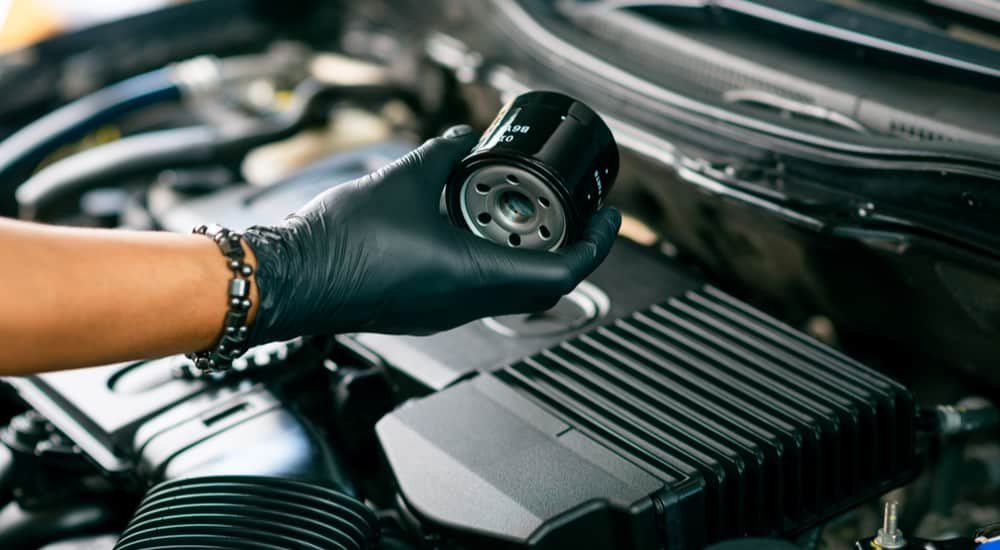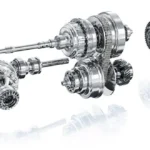Regular maintenance is essential for keeping your vehicle running smoothly and extending its lifespan. One crucial aspect of car maintenance is changing the oil and oil filter, which helps to keep the engine clean and lubricated. However, there may be instances when you need to change the oil filter without changing the oil. In this article, we will explore whether it is possible and the potential consequences of doing so.
Understanding the Role of the Oil Filter
The oil filter is an important component of the engine’s lubrication system. Its primary function is to remove contaminants and debris from the oil, ensuring that only clean oil circulates through the engine. Over time, the oil filter can become clogged with dirt, metal particles, and sludge, reducing its efficiency. This is why it is recommended to change the oil filter regularly.
Can You Change the Oil Filter Without Changing the Oil?
Technically, it is possible to change the oil filter without changing the oil. However, it is not recommended as it can lead to several issues. Here’s why:
1. Contaminated Oil:
When you change the oil filter, some oil is drained along with it. This oil may contain contaminants that have been captured by the filter. By not changing the oil, you are reintroducing these contaminants back into the engine, which can lead to accelerated wear and tear.
2. Reduced Oil Filter Efficiency:
As mentioned earlier, over time, the oil filter becomes clogged with debris. By not changing the oil, you are not addressing this issue, which can result in reduced oil flow and decreased filtration efficiency. This can lead to inadequate lubrication and potential damage to the engine.
3. Voiding Warranty:
Many vehicle manufacturers specify the intervals for both oil and oil filter changes in the owner’s manual. Neglecting to change the oil as recommended may void the warranty, as it can be seen as negligence or improper maintenance.
The Importance of Regular Oil Changes
Regular oil changes are essential for maintaining the health and performance of your vehicle’s engine. Here are a few reasons why:
1. Engine Lubrication:
Oil lubricates the engine’s moving parts, reducing friction and heat. This helps to prevent excessive wear and tear, ensuring that the engine operates smoothly and efficiently.
2. Heat Dissipation:
Oil also helps to dissipate heat generated by the engine. Over time, oil breaks down and loses its ability to effectively cool the engine. Regular oil changes prevent this from happening, ensuring that the engine stays within optimal temperature ranges.
3. Contaminant Removal:
Oil not only lubricates but also captures and carries away contaminants such as dirt, metal particles, and sludge. By changing the oil regularly, you remove these harmful substances from the engine, preventing them from causing damage.
4. Fuel Efficiency:
Fresh oil provides better lubrication, reducing friction and improving fuel efficiency. Regular oil changes can help optimize your vehicle’s fuel consumption, saving you money at the pump.
Conclusion
In conclusion, while it is technically possible to change the oil filter without changing the oil, it is not recommended. Neglecting to change the oil can lead to contaminated oil, reduced oil filter efficiency, and potential warranty issues. Regular oil changes are essential for maintaining the health and performance of your vehicle’s engine. Consult your vehicle’s owner’s manual for the recommended intervals and always use high-quality oil and filters for optimal results.






